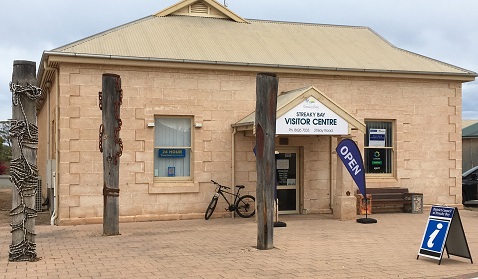Australia’s visitor economy needs to diversify its destinations, modernise assets, and collaborate for it to become a top-five export income earner, a new report has advised.
An expert panel economy led by former federal tourism minister Martin Ferguson prepared the report, which includes a draft strategy “for the long-term recovery and sustainable growth” entitled Thrive 2030 – the reimagined visitor economy.
The visitor economy generated $166 billion in spending in 2019 and employed, directly and indirectly, a million Australians.
The panel has identified three key ingredients for the future success of the visitor economy: the need to diversify markets and products, modernise business practices, and collaborate more closely.
During consultations, the expert panel said it heard “requests for data that can be drilled down to small regional units to help inform local councils and regional bodies meet traveller needs and attract visitors.
“There was also a call for data to help understand opportunities and constraints for growth in particular markets and products such as Indigenous tourism experiences.”
The Federal Bureau of Communications, Arts and Regional Research, which is developing a regional data hub, recently invited the Australian Local Government Association (ALGA) to join its new Regional Data Hub External Advisory Panel.
The aim of the hub is to improve outcomes for Australia’s regions by strengthening the evidence base on which future decisions are made. It is expected to be launched early in 2022.
Tourism underpins the local economy in many towns, regions and cities throughout Australia, playing a pivotal role in creating jobs and economic growth.
As such, ALGA continues to call for the development of a national approach to tourism policy and funding which recognises local government’s role in the delivery and investment in local and regional tourism infrastructure and services.
Federal Trade, Tourism and Investment Minister Dan Teahan has invited tourism operators, state and territory governments and impacted sectors to have their say on the proposed strategy.
Click here to read the report and provide feedback on the strategy. Consultations close on 23 December 2021.



